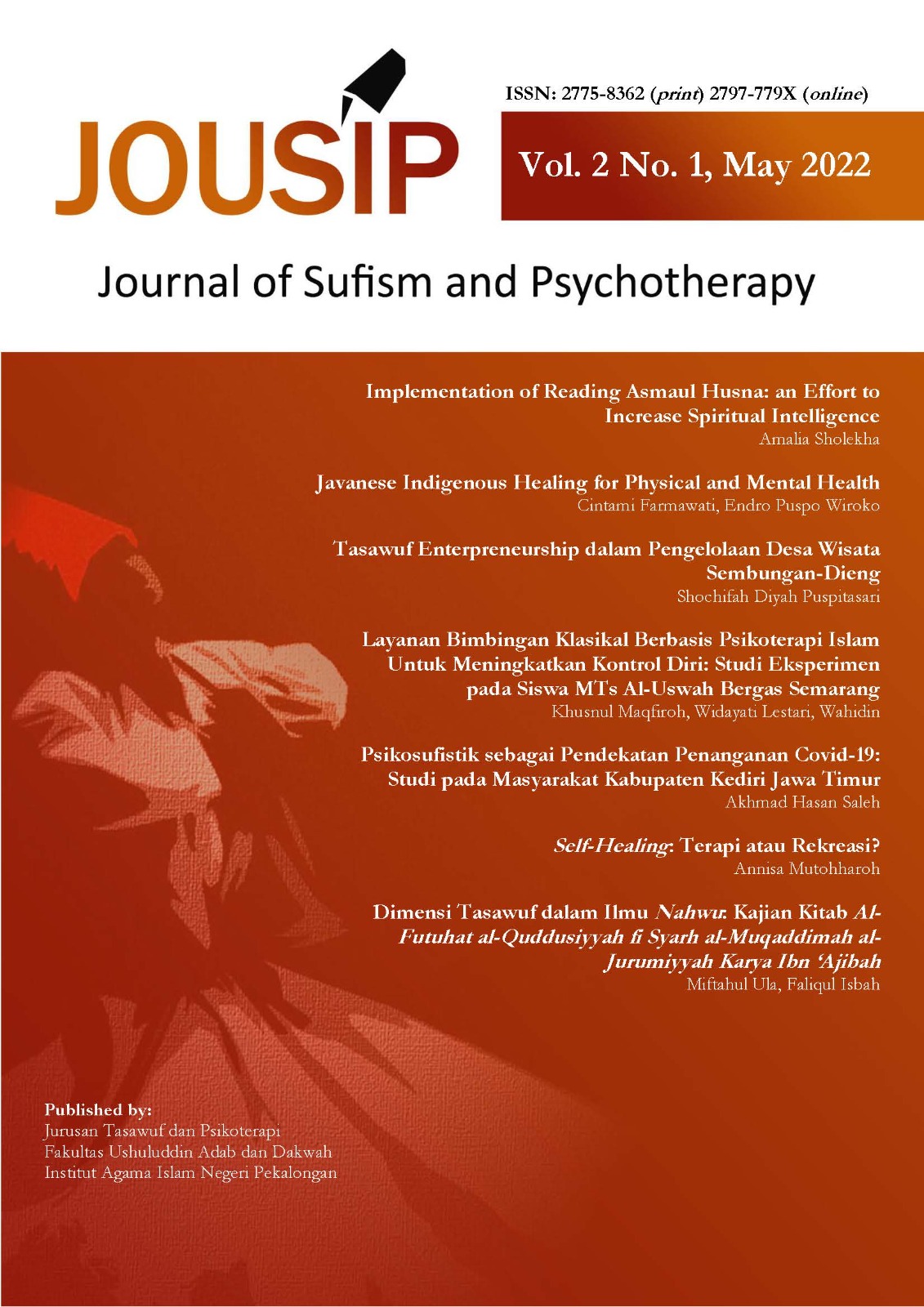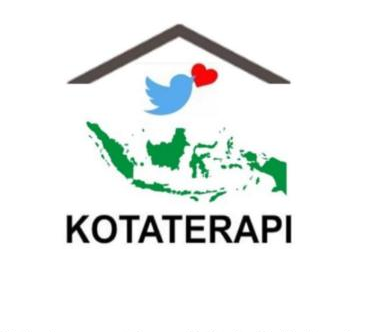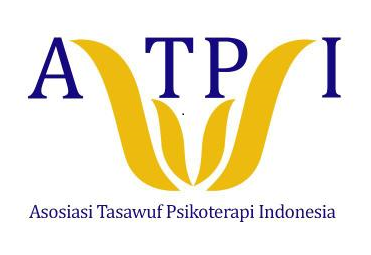Tasawuf Enterpreneurship dalam Pengelolaan Desa Wisata Sembungan-Dieng
DOI:
https://doi.org/10.28918/jousip.v2i1.5369Keywords:
Sufism of Entrepreneurship, Tourism, Sembungan-DiengAbstract
The tourism sector is an alternative in improving the welfare of a community. It's just that in the process often what happens rubs against religious norms and values, especially Islam. Therefore, in the management of a tourism object, an Islamic approach, which in this context, the concept of entrepreneurship Sufism, can be an option in anticipating these various impacts. Using this type of qualitative field research with a phenomenological approach, this article tries to explore how the implementation of entrepreneurial Sufism in the management of the Sembungan-Dieng tourist village. The results of this study found that the management of the Sembungan Dieng tourist village is based on the main concepts of entrepreneurship Sufism, namely takhalli, tahalli, and tajalli. Takhalli is realized by LMDH Giri Tirto by making Sembungan Village clean of immoral practices and things that are seen as socially negative. Tahalli is applied by maintaining the local wisdom they have. The local wisdom that exists in the Sembungan community has indeed taught nobility and how to interact with fellow human beings. Tajalli they do with two forms of innovation, namely innovation for external benefit (tourists) and innovation for internal benefit (the Sembungan village community). All three are carried out in the context of realizing mutual prosperity in accordance with the corridors of Islamic teachings.
References
Hasbiansyah, O. (2008). Pendekatan Fenomenologi: Pengantar Praktik Penelitian dalam Ilmu Sosial dan Komunikasi. Mediator: Jurnal Komunikasi, 9(1).
Hidayatullah, A. (2021). Inklusivitas Dakwah Trah Adzmatkhan di Nusantara dalam Kajian Fenomenologis-Historis. 10(3), 219–234.
Nurani, S., Maulana, L., & Purwati, E. (2022). Living Qur’an as New Market Trends of Islamic Education in Indonesia. Hayula: Indonesian Journal of Multidisciplinary Islamic Studies, 6(1), 1-18.
Purnomo, C. (2008). Efektifitas Strategi Pemasaran Produk Wisata Minat Khusus Gua Cerme, Imogiri, Bantul. Jurnal Siasat Bisnis, 12(3), 187–197.
Rahma, G. N. (2021). The Role of Tarekat in Awakening the Spirit of Nationalism (Study of the Thought and Movement of Habib Luthfi bin Yahya). JOUSIP: Journal of Sufism and …, 1(2), 127–140.
Scott, N., Baggio, R., & Cooper, C. (2008). Network analysis and tourism. Channel View Publications.
Shobir, L. M. (2017). Tasawuf Enterpreneurship: Membangun Etika Kewirausahaan Berbasis Prophetic Intelligence. An-Nisbah, 03, 418–432.
Suarmana, I. W. R., & Mahagangga, I. G. A. O. (2014). Bentuk Kontribusi Daya Tarik Wisata Monkey Di Desa Padang Tegal Kecamatan Ubud. Jurnal Destinasi Pariwisata, 2(2), 13–28.
Subhi, M. R. (2016). The Role Of Islamic Guidance and Counseling In Realizing Mental Revolution. Pekalongan International Conference on Islamic Studies. 131-145. Pekalongan: Postgraduate Program and IAIN Pekalongan Press.
Sumarni, Zulkarnain, & Sugiyanta, I. G. (2012). Faktor-Faktor Pendorong Dan Penarik Wisatawan Berkunjung Ke Objek Wisata Gunung Dempo Kota Pagar Alam. Jurnal Penelitian Geografi, 1(2).
Urbanus, N., & Febianti. (2017). Analisis dampak perkembangan pariwisata terhadap perilaku konsumtif masyarakat wilayah bali selatan. Jurnal Kepariwisataan Dan Hospitalitas, 1(No.2), 118–133.
Wawancara dengan Burhan, anggota dan pendiri LMDH Giri Tirto Desa Sembungan Dieng, pada tanggal 1 Maret 2022.
Downloads
Published
Issue
Section
License
Copyright (c) 2022 Sochifah Diyah Puspitasari

This work is licensed under a Creative Commons Attribution-ShareAlike 4.0 International License.

















